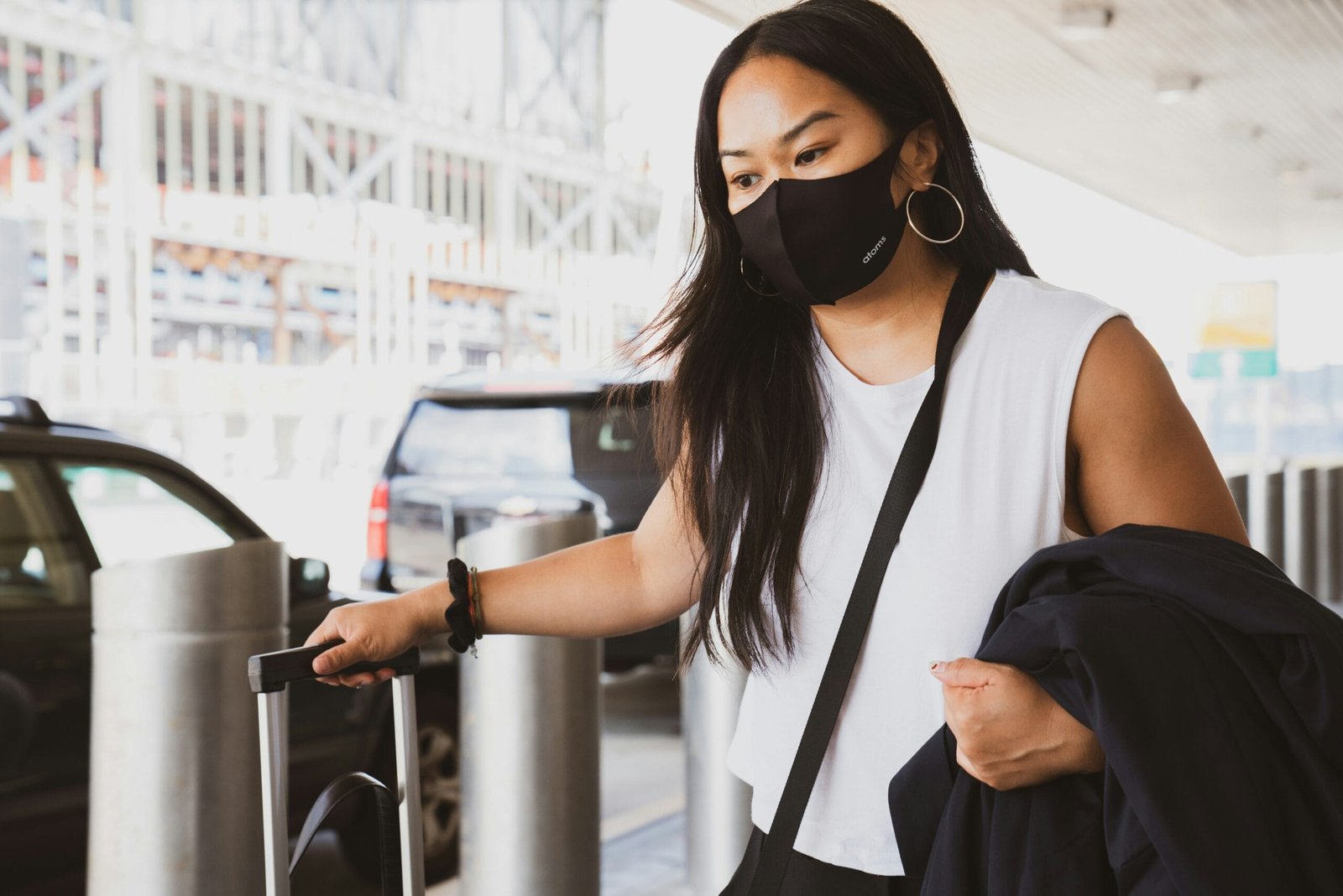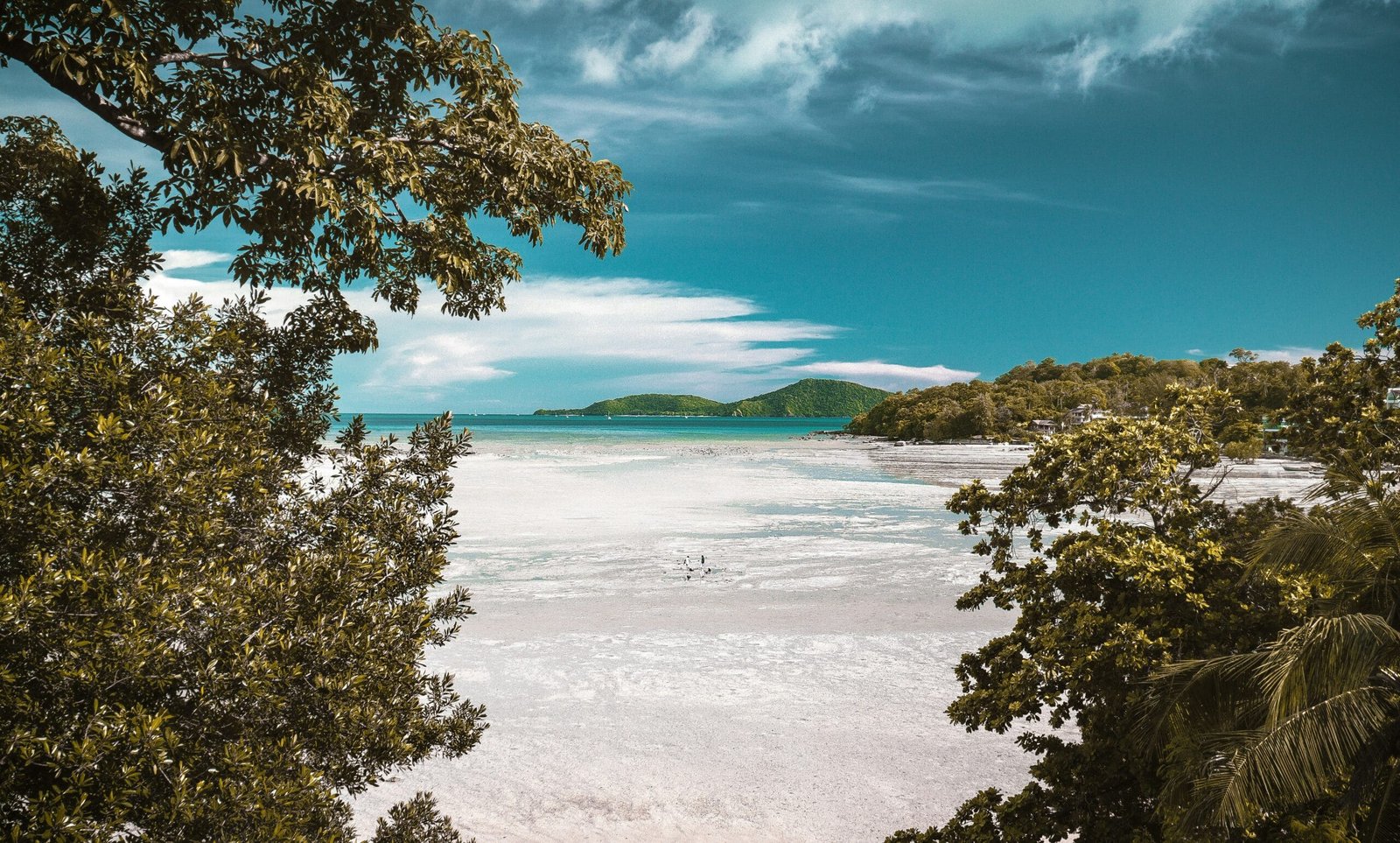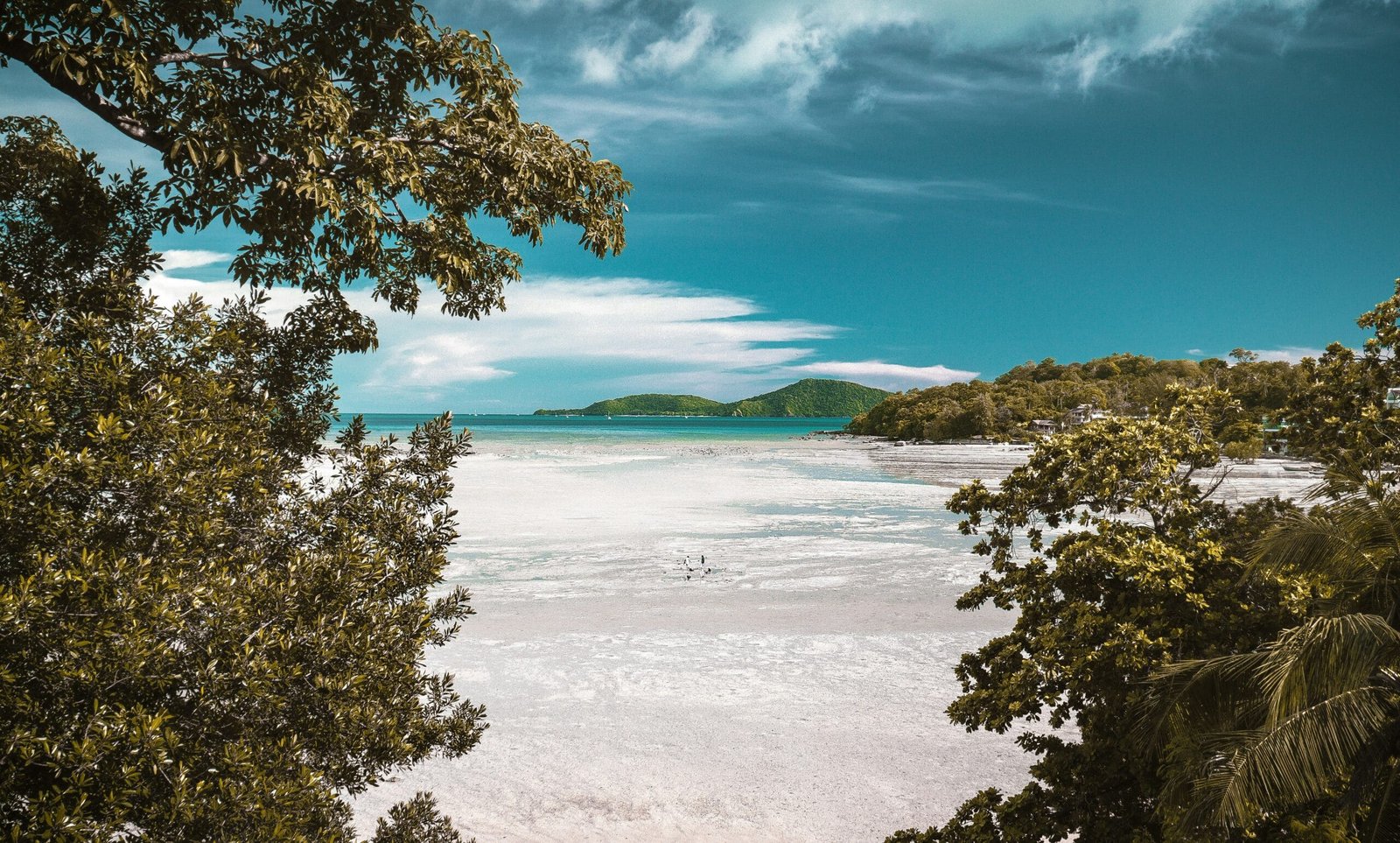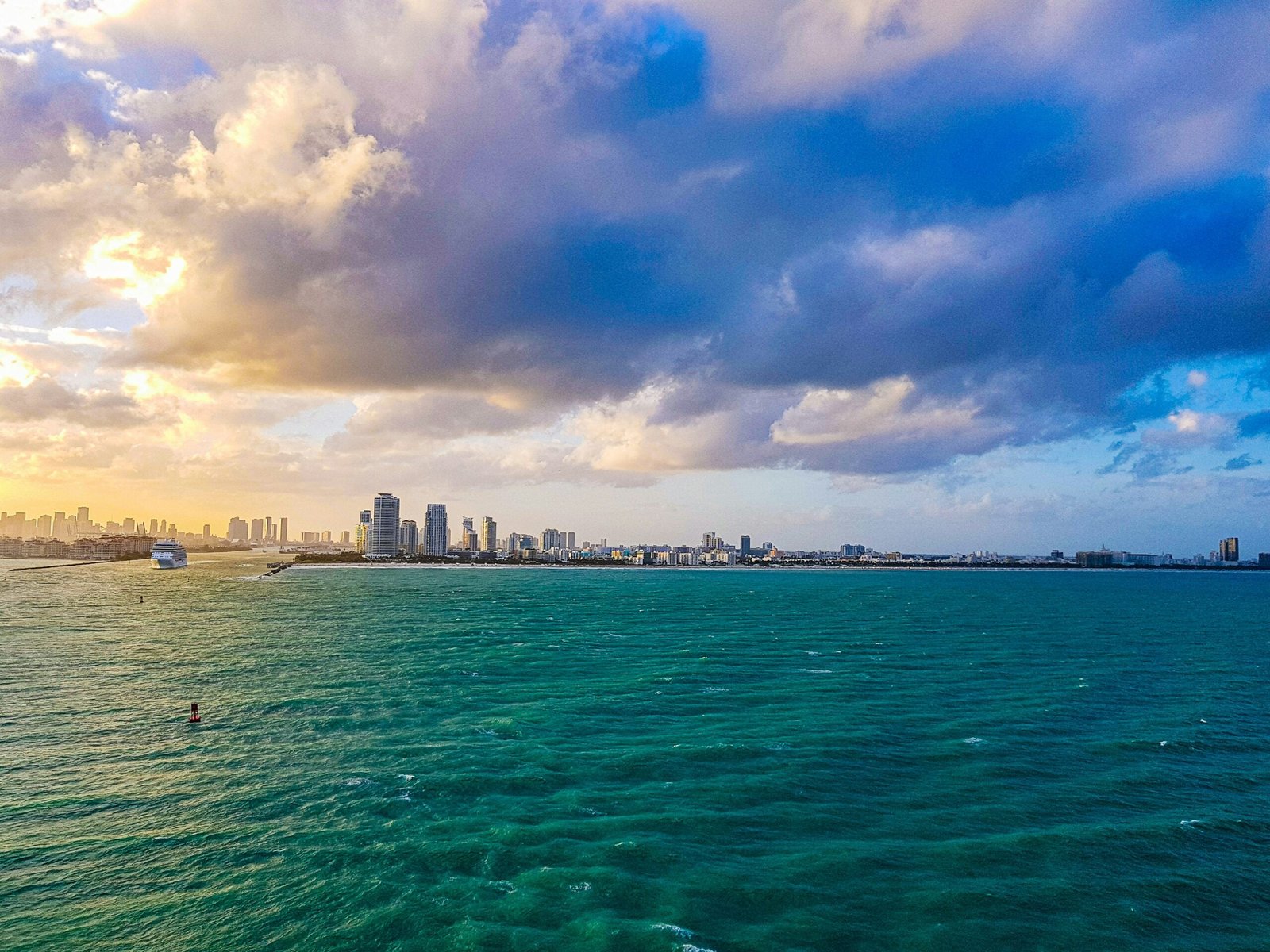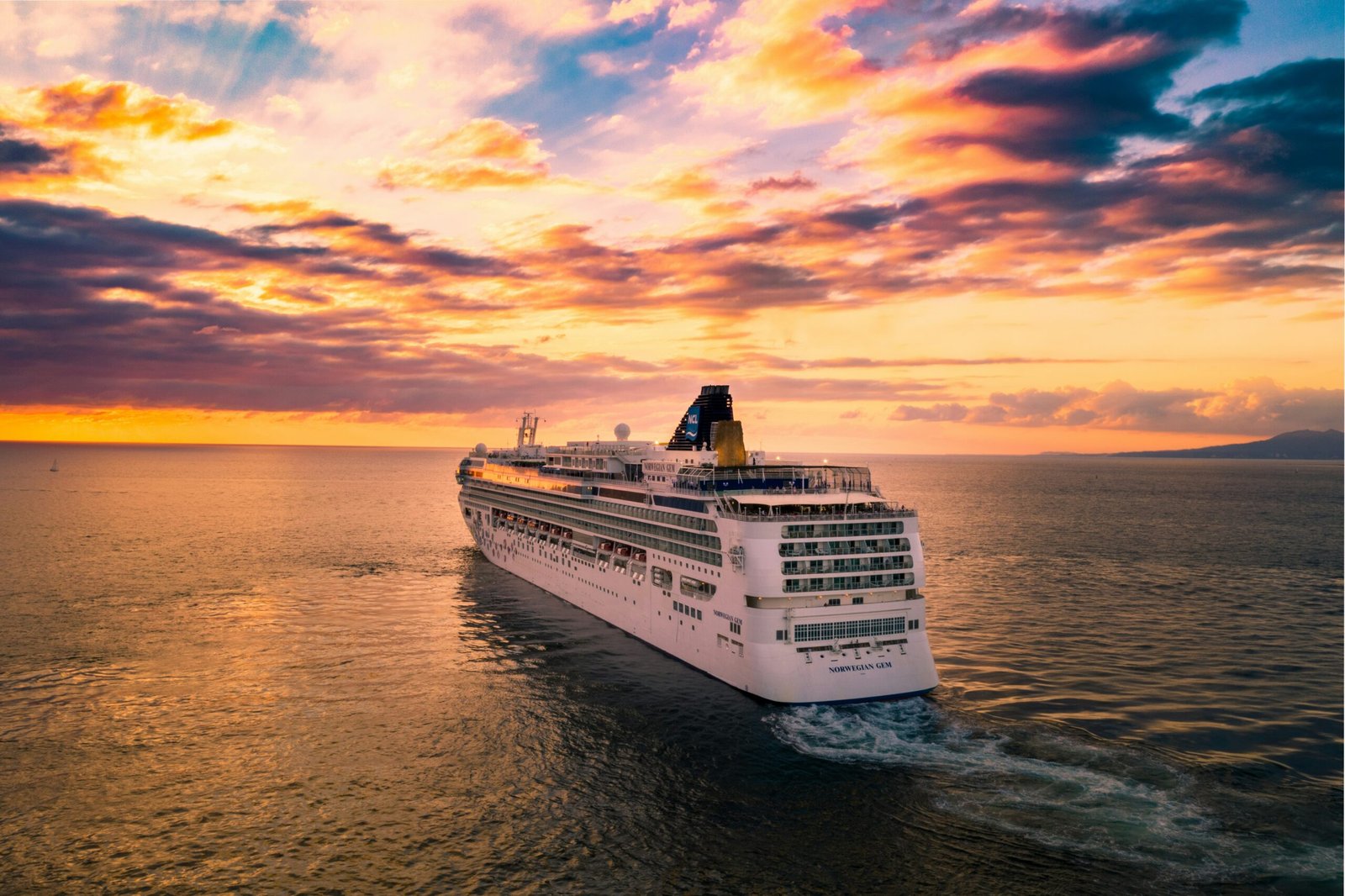Understanding Travel Warnings
Travel warnings are official alerts issued by government authorities, such as the US Department of State, to inform citizens about safety concerns in certain destinations. These warnings serve to guide travelers in making informed decisions regarding their travel plans. In the context of the Caribbean, where diverse destinations present varying safety levels, understanding these advisories is crucial for ensuring a safe trip.
The criteria for issuing travel warnings can vary but typically include factors such as crime rates, natural disasters, health risks, and political instability. For instance, if an island experiences a significant increase in violent crime or political demonstrations threaten public safety, a travel warning may be implemented. These alerts can be tiered, categorizing the severity of the situation, allowing travelers to assess their risk levels adequately.
Travel warnings often influence travelers’ decisions, prompting them to reconsider their plans or take additional precautions. When a warning is issued for a particular destination in the Caribbean, individuals will often seek more information, exploring alternative locations or adjusting their itinerary accordingly. Understanding the implications of these alerts is essential for maintaining personal safety and making sound travel choices.
Staying informed about the safety conditions on various Caribbean islands should be a priority for potential travelers. Regularly checking government advisories, reading up on local news, and connecting with fellow travelers can provide insights into the current environment. With the proper information, travelers can enhance their awareness, ensuring their trip is both enjoyable and secure.
The Beauty of the Caribbean: Why It’s Worth the Visit
The Caribbean, with its azure waters and pristine beaches, has long been regarded as one of the most breathtaking travel destinations in the world. Each island within this tropical paradise boasts its own unique natural beauty, cultural richness, and historical significance. From the lush rainforests of Dominica to the powdery white sands of Grace Bay in the Turks and Caicos, the diverse landscapes are a testament to the Caribbean’s allure. Natural wonders such as the bioluminescent bay in Vieques and the iconic Pitons of St. Lucia are just a few highlights that draw visitors seeking scenic experiences.
Beyond its stunning visuals, the Caribbean is a melting pot of cultures, where Afro-Caribbean, European, and Indigenous influences converge. Festivals such as Carnival in Trinidad and Tobago showcase vibrant music, dance, and culinary delights that offer an immersive experience of local traditions. Each island represents unique customs and practices, allowing travelers to explore a rich tapestry of life that varies widely from one destination to another. Visitors can also indulge in local cuisine, which blends flavors from various cultures, offering dishes like jerk chicken from Jamaica or flying fish and cou-cou from Barbados.
Moreover, the Caribbean is not solely about relaxation and leisure; it offers a wealth of adventurous activities. Snorkeling in the coral reefs of Belize or hiking through the volcanic landscapes of St. Lucia provides opportunities for engagement with the stunning natural environment. The warmth of its people and the welcoming atmosphere further enhance the travel experience, making the Caribbean an inviting destination, despite any travel warnings that may be present. The islands’ commitment to safety and hospitality ensures that visitors can navigate their journeys with ease and enjoy the rich experiences waiting for them.
Staying Safe While Traveling: The Importance of Caution
Traveling is an enriching experience that offers opportunities for adventure, culture, and relaxation. However, it is essential to approach travel, especially to regions with specific warnings, with a sense of caution. Exercising vigilance can significantly enhance a traveler’s ability to enjoy their trip while managing potential risks. When travel warnings are in place, understanding the guidelines and recommended practices is crucial for personal safety.
Being informed about the current situation in the destination is a fundamental aspect of exercising caution. Travelers should consistently check government travel advisories and reputable news sources to stay updated on any alerts regarding safety concerns. These advisories often provide essential information, such as areas to avoid and the nature of the threats present. Awareness of local conditions will empower travelers to make educated decisions about where to go and what precautions to take.
Moreover, it’s advisable to plan itineraries with safety in mind. Prioritizing destinations known for their stability and resistance to crime can enhance the experience and reduce stress. When exploring, it is prudent to remain in well-maintained and reputable accommodations, as these places often implement security measures designed to keep guests safe. Additionally, opting to travel during the day rather than at night can significantly mitigate the risk of encountering unsafe situations.
While spontaneity is a cherished aspect of exploring new places, travelers must always maintain a degree of caution. This involves trusting one’s instincts and avoiding situations that appear potentially dangerous. Engaging with locals can provide valuable insights into safe practices and potential pitfalls. In such cases, a social connection may also result in enhanced safety through community support.
Ultimately, by adopting a cautious mindset and remaining vigilant, travelers can enjoy the beauty and wonder of the Caribbean while significantly mitigating associated risks. Ensuring that safety is a priority will lead to more rewarding and enjoyable experiences. In conclusion, informed travel, awareness, and strategic planning are critical to navigating the Caribbean safely during unpredictable times.
Research Your Destination: Key Safety Information
Before embarking on a journey to the Caribbean, it is crucial to conduct thorough research regarding your chosen destination. The Caribbean, renowned for its stunning beaches and vibrant cultures, is home to various islands, each offering different experiences and levels of safety. Understanding this variability is essential for an enjoyable and secure vacation.
A primary resource for travelers is government travel advisories. Most countries maintain updated advisories that provide information on safety risks, health concerns, and other travel-related warnings. These advisories outline specific regions to avoid due to crime, civil unrest, or natural disasters. Regularly checking these updates ensures you are aware of any changes that may affect your travel plans.
In addition to government sources, recent traveler reviews can provide valuable insights into the current safety climate on specific islands. Websites dedicated to traveler feedback often feature firsthand accounts, which can highlight recent incidents or changes in local conditions. Engaging with diverse reviews, particularly those dated close to your travel dates, can help gauge how safe a destination currently is.
Consulting local news sources is another crucial step in researching your destination. Local newspapers and online news platforms often cover situation-specific events that may not be included in broader travel advisories. Understanding local socio-political dynamics can also be informative in assessing the safety of certain areas, providing context essential to your travel decisions.
By integrating these resources—government advisories, traveler reviews, and local news—you can effectively gather safety information. This diligence not only enhances your understanding of the risks associated with your destination but also promotes a more enjoyable and secure travel experience in the Caribbean.
Engage with Local Communities: Guided Tours and Recommendations
Engaging with local communities is an invaluable strategy for ensuring a safe and enriching travel experience in the Caribbean. By choosing guided tours with reputable local operators, travelers can gain insights into the cultural heritage, traditions, and lifestyle of the regions they visit. Local guides not only possess extensive knowledge of the area but also have an understanding of current safety conditions, helping visitors avoid potentially risky areas that might not be on typical tourist maps.
Moreover, reputable local operators often have established relationships within their communities, allowing them to communicate effectively about any safety concerns or travel warnings. These operators are more likely to provide updates on local conditions and can help travelers navigate through diverse environments safely. This ensures that visitors remain informed and secure while immersing themselves in the rich experiences the Caribbean has to offer.
In addition to guided tours, following community guidelines is essential for a responsible travel experience. Engaging respectfully with locals fosters trust and increases safety while enhancing one’s adventure. Travel enthusiasts can also seek recommendations from residents about which neighborhoods to visit, local events, or hidden gems that may not be widely known. This local knowledge not only leads to extraordinary discoveries beyond typical tourist traps but also contributes to the economic well-being of the community.
By making a conscious effort to interact with local communities, travelers can ensure a balanced approach to exploration that prioritizes safety while fostering appreciation for the vibrant cultures within the Caribbean. Such engagement ultimately cultivates an authentic travel experience that can deepen understanding and respect for the destinations visited, making the journey all the more rewarding for both the traveler and the local populace.
Practice Basic Safety Precautions: Dos and Don’ts
When visiting the Caribbean, it is crucial to implement basic safety precautions to ensure a pleasant and secure experience. Adopting these strategies will not only enhance personal safety but also contribute to a more enjoyable vacation. One of the primary dos is to stay aware of your surroundings, particularly in unfamiliar areas. Travelers should make a concerted effort to observe their environment and the behavior of those around them.
Another essential practice is securing personal belongings. It is advisable to use hotel safes for storing valuable items such as passports, extra cash, and electronic devices. When exploring, carry only what is necessary by utilizing anti-theft bags and keeping your belongings within sight. Additionally, avoid displaying expensive jewelry or electronics in public, as this can attract unwanted attention.
Regarding nighttime safety, it is recommended to avoid isolated areas, particularly after dark. Stick to well-lit streets and populated areas where other travelers and locals congregate. If using public transportation or rideshare services, ensure that you choose reputable providers. Always inform someone of your whereabouts, especially if venturing out alone.
As for specific dos, prioritize planning your itinerary with caution. Choose accommodations located in safer neighborhoods and research destination-specific travel advisories. Engaging with local customs and showing respect for cultural practices can also foster goodwill and a sense of security among residents.
Conversely, there are a few critical don’ts to remember during your Caribbean travels. Avoid discussing travel plans or valuable possessions with strangers, as this can compromise your security. Additionally, do not engage in risky behaviors, such as drinking excessively or wandering off the beaten path, as these can lead to dangerous situations.
By adhering to these basic safety precautions, travelers can significantly reduce the likelihood of encountering issues while exploring the vibrant and diverse Caribbean region.
Stay Connected: Communication and Support Resources
When exploring the vibrant Caribbean, maintaining communication with friends and family is essential for ensuring a secure travel experience. Access to mobile networks has improved in the region, allowing travelers to stay connected through various means. Travelers are advised to consider purchasing a local SIM card upon arrival, which can provide affordable rates for calls and data. Additionally, many hotels and cafes offer complimentary Wi-Fi, enabling guests to use communication applications such as WhatsApp, Skype, or Facetime to keep in touch with loved ones back home.
Having reliable communication tools at your disposal can be invaluable in times of need. In the event of unforeseen circumstances, such as medical emergencies or lost belongings, the ability to quickly reach out for assistance is crucial. It is advisable for travelers to store important phone numbers, including those of local emergency services, their embassy or consulate, and travel insurance providers, in an easily accessible format, whether on a mobile device or a physical document.
Furthermore, registering with your home country’s embassy before traveling can provide an additional layer of security. Many embassies offer resources such as travel advisories and support services for citizens in distress. Establishing a connection with local authorities can also facilitate easier access to assistance during emergencies. In addition, travelers should familiarize themselves with the local emergency numbers for police, fire, and medical services, which can vary from country to country.
Staying informed and connected can significantly enhance your travel experience within the Caribbean. By utilizing available communication resources, keeping important information handy, and understanding local support systems, travelers can navigate challenges more effectively, ensuring a more enjoyable and safer adventure.
Emergency Preparedness: Having a Plan in Place
Traveling to the Caribbean can be an exhilarating experience, but it is essential to prepare for unexpected events. Emergencies can arise at any moment, so having a well-thought-out plan can mean the difference between chaos and calm. A comprehensive emergency preparedness strategy should begin with understanding the resources available in the country you are visiting. Research the local emergency services, including police, fire, and medical assistance, to know who to contact in case of an emergency. It is also wise to familiarize yourself with evacuation routes and safety protocols specific to the area.
Creating an emergency plan is a vital step in your travel preparations. This plan should include essential details such as contact information for local authorities, embassies, and your accommodations. Additionally, consider designating a meeting point for family or traveling companions in case you become separated. Ensuring that all travelers have a copy of important documents, such as passports and insurance information, can significantly aid in a crisis. Keep both digital and physical copies safe yet accessible, so you can quickly retrieve essential information if the need arises.
Another fundamental aspect of emergency preparedness is having necessary resources on hand, like a first-aid kit, flashlights, and extra batteries. Additionally, carry a reliable mobile phone with local emergency numbers saved, ensuring it is fully charged and has connectivity options. Consider acquiring travel insurance that covers emergencies, providing peace of mind during your trip. Being prepared for emergencies enhances your ability to respond effectively, promoting not only your safety but also that of those traveling with you.
In conclusion, the importance of thorough emergency preparedness cannot be overstated. Through careful planning and an understanding of local resources, travelers can navigate unexpected situations with confidence, ultimately enhancing their Caribbean experience.
Conclusion: Embrace Safe Exploration of the Caribbean
In light of the various travel warnings and safety advisories associated with Caribbean destinations, it is crucial for travelers to approach their journeys with a well-informed and cautious mindset. Throughout this blog post, we have examined the fundamental aspects of Caribbean travel, including potential risks, prominent safety tips, and the importance of staying updated on travel advisories issued by governments and organizations. By remaining vigilant and aware, travelers can better navigate the complexities of Caribbean exploration.
The Caribbean offers an array of stunning landscapes, rich cultural experiences, and hospitable locals, making it a favored choice for many wanderers. However, appreciating the allure of these islands should not come at the expense of personal safety. It is essential for visitors to conduct thorough research on their chosen destinations, identify any prevalent safety concerns, and familiarize themselves with local customs and regulations. This preparation allows for smoother travels while minimizing risks.
Moreover, travelers should establish connections with reliable local contacts who can provide insightful guidance and recommendations. Engaging in group tours or activities organized by reputable entities can also enhance safety while offering opportunities to delve into the unique charms of the Caribbean. In addition, adopting safety measures such as securing belongings and being mindful of one’s surroundings is vital to ensuring an enjoyable visit.
By prioritizing safety, travelers can immerse themselves in the beauty and culture the Caribbean offers. With the right precautions and an informed mindset, it is entirely possible to enjoy a fulfilling journey that captures the essence of these breathtaking islands. So, embrace the spirit of exploration while keeping safety at the forefront of your Caribbean adventure.
